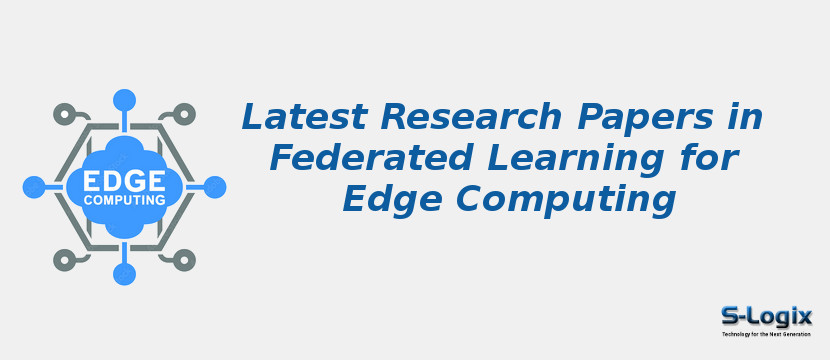Federated learning for edge computing has emerged as a crucial research area, enabling collaborative model training across distributed edge devices while preserving data privacy and reducing the need for centralized data transfer. Research papers in this domain explore methods to efficiently train machine learning models on heterogeneous edge devices with limited computational, storage, and energy resources, addressing challenges such as non-IID (non-independent and identically distributed) data, communication efficiency, and device mobility. Studies highlight applications in smart healthcare, autonomous vehicles, industrial IoT, smart cities, and mobile edge computing, where sensitive and high-volume data must remain local while contributing to global model learning. Recent works investigate optimization techniques, adaptive aggregation, hierarchical federated learning, and integration with blockchain to ensure secure, reliable, and privacy-aware collaboration. Additionally, security concerns such as adversarial attacks, model poisoning, and data leakage are addressed through robust and privacy-preserving frameworks. Overall, federated learning in edge computing enables intelligent, collaborative, and secure distributed AI systems, enhancing performance, scalability, and privacy in next-generation edge networks.
